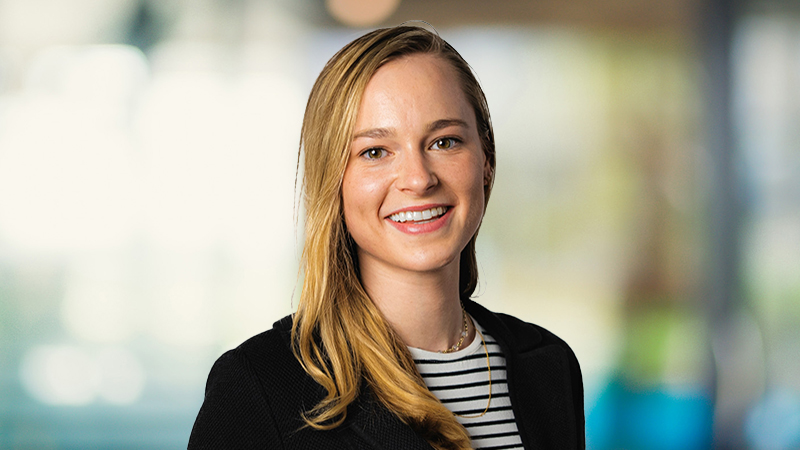Q: Is there a particular asset class grabbing your attention at the moment and why?
I think most people would agree that AI has taken the world (and the markets) by storm. However, it appears the jury is out with regards to valuations. As the world adapts to living with AI – and we start to recognise its rapid progression in development and its limitless potential – it could open the door to exciting investing opportunities in the tech space in 2024.
Q: How do you see ESG-oriented investing evolving within the asset class you cover?
I believe we could see an expansion in the number of green bonds issued and an escalation of impact investing. According to S&P Global, the issuance of green bonds in the first half of 2023 increased by around $300bn (£234.8bn), projecting the highest six-month total since the launch of the green bond market. I forecast a continued upwards trajectory as the demand surges globally.
See also: Generation next with Fiera Capital’s Bortot: There’s a new breed of investment professional
I have witnessed a growing demand from clients wanting to see an impact from ESG-focused investing, rather than merely applying a restriction to avoid certain industries or sectors. This, paired with the pressure on both governments and companies to be seen to not only minimise their environmental damage, but actively repair past planetary destruction caused, could result in a shift in the allocation of cash towards impact products in both the equity and bond space.
Q: What will be different about the investment sector a decade from now?
We will observe an increase in the number of women in the investment sector, both in the investment management career space, as well as among investors. I am already seeing a growing number of young women looking to complete their investment management exams with the intention of having a career that allows for progression alongside the ability to earn a reliable salary.
See also: Generation Next with SJP’s Jenny Chae: An eye on the future
Many young couples now require two stable incomes before being in the position to even consider purchasing their first home or having a child. I think the financial difficulties the younger generation currently face will play a part in the evolution of women moving into finance roles.
The change in thinking across all investment workforces that women should have the same opportunities as men, illustrates the tables are already turning. The number of female employees in higher-paid careers will strengthen and their confidence to invest will be elevated by a rise in female investment managers to help them.
Read the rest of this article in the June issue of Portfolio Adviser magazine










